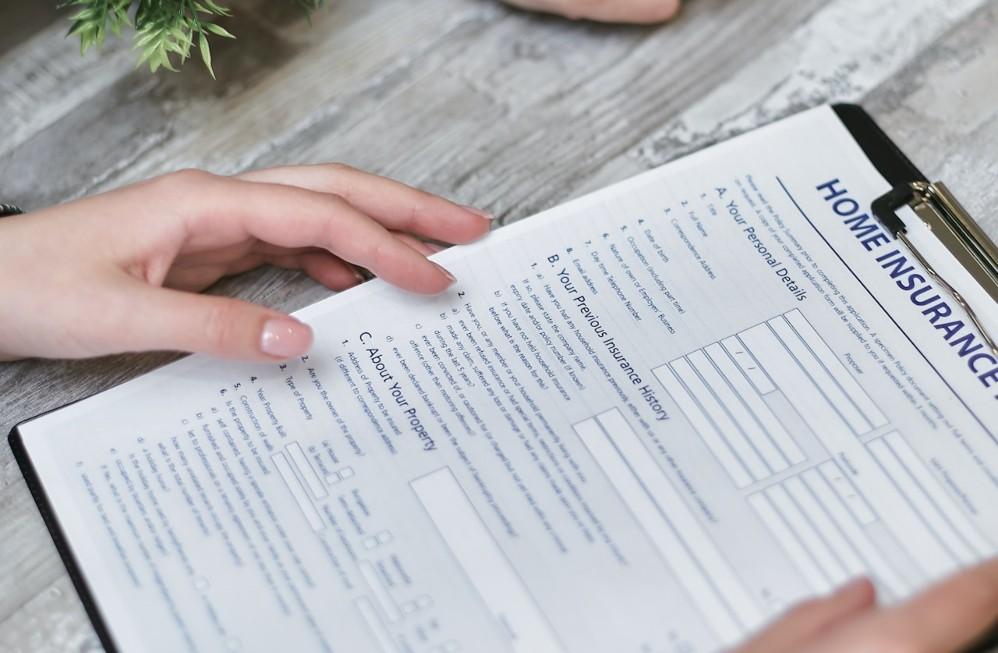Homeowners insurance provides a safety net for your house and belongings in a disaster. It is also often required by mortgage lenders.
When choosing your policy, consider factors like coverage options and company ratings. In particular, look for a company that scores high in the homeowner’s insurance study for customer satisfaction and financial strength.
Table of Contents
Property Coverage
Most homeowners’ policies cover two types of property: your dwelling (the structure of your house) and personal belongings. The home is insured for a specific amount, called the “dwelling coverage limit,” and personal belongings are covered up to a percentage of this total. Many insurers offer actual cash value or replacement cost coverage for your belongings. Replacement cost coverage pays to replace your belongings without taking depreciation into account but typically costs more per month in premiums.
Standard homeowner policies do not cover some items, including damage from termites or insects, rot or fungus, and water leaks that cause mold. These issues often result from neglect and a need for proper maintenance. Homeowners insurance also generally excludes coverage for any expenses related to running a business from a home, such as a workshop or office. This type of coverage may be available through a separate endorsement, however.
Some insurers offer additional property coverage through endorsements for earthquake or flood coverage. If you are interested in these options, talk to your agent. An excellent place to start is by listing your belongings and their value, which will help you decide how much coverage you need. You should also review the policy’s deductible and consider adding a valuable items endorsement to protect high-value belongings.
Liability Coverage
Choosing the best homeowners insurance in Florida also includes personal liability coverage that pays for damages to other people due to incidents occurring on your property. This can consist of a guest tripping over your outdoor grill or getting hurt by your dog. Typically, the coverage is relatively low, but it’s a good idea to talk to your agent about increasing the limits.
Most standard policies cover the actual cash value of your property and possessions without deducting for depreciation. However, some producers may offer a policy that covers replacement cost, which pays to repair or rebuild your home at current prices with similar materials without deducting for depreciation.
The driving force behind home insurance rates is the insurer’s perception of your risk of filing a claim. This is based on claims history related to the house, neighborhood, and your credit, as well as any policy specifics.
Purchasing a homeowner’s policy from a reputable company is an excellent way to protect your new home. Additionally, you can save money by buying homeowners and auto insurance from the same provider since many companies give discounts to customers who maintain multiple contracts. Taking the time to shop around can also help you find a competitive price, especially if you’re considering an “Inflation Guard” endorsement, which automatically adjusts your policy limit for inflation during each annual renewal.
Additional Living Expenses
A homeowners insurance policy’s additional living expenses portion—often also called loss of use coverage—covers the cost of temporary accommodations, meals, and transportation when a covered disaster like a fire or storm makes your home uninhabitable. It can be a lifesaver for many homeowners who struggle to keep up with the increasing cost of hotel stays and rentals, not to mention restaurant meals and transportation.
Some financial experts recommend purchasing coverage as possible, though they caution that it won’t cover everything. For example, your insurance company may subtract from your claim the extra cost of gas to get to work if your temporary location is further away from your job. Additionally, if your new home doesn’t have a kitchen, the insurance company may not reimburse you for the increase in food costs from having to eat out instead of at home.
The right insurance policies and a knowledgeable public adjuster are essential to successfully managing a large or complex property claim. A public adjuster is a professional advocate who will act in your best interests and ensure you receive the maximum settlement available from your insurer.
Replacement Cost Value
Suppose a natural disaster destroys your home or you experience other property loss. In that case, your insurer will reimburse you for the replacement cost of your belongings if you have this coverage. However, not all policies offer this type of coverage. Some only provide actual cash value (ACV), which pays you for your belongings minus depreciation.
The difference between ACV and replacement cost is that the latter will pay to replace your items with new ones without depreciation, while the former will only reimburse you for your items based on their market value. The difference between these two forms of compensation can be significant. It’s important to consider whether you want to insure your items for their replacement cost or ACV when shopping for homeowners insurance.
In general, your best bet is to look for a policy that offers replacement costs in most areas of the procedure (dwelling and other structures, personal property, and extra living expenses are common areas where this option may be available). When determining how much to insure your possessions, consider getting an appraisal or taking inventory and hiring an appraiser to help you assess your home’s replacement costs.
It’s also a good idea to regularly review your policy and inform your insurer about any changes in construction costs in your area. Rising labor, materials, and transportation costs can directly affect your home’s estimated replacement cost. Some insurers even offer a guaranteed replacement cost add-on that can pay to rebuild your home to its original size, design, and finish if necessary.
Also Read – In the Footsteps of Headlines: Traveling to the World’s News-Making Locations




